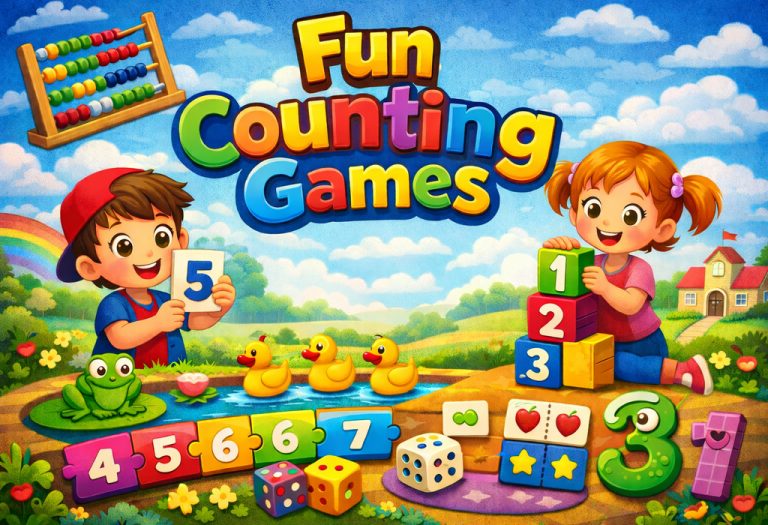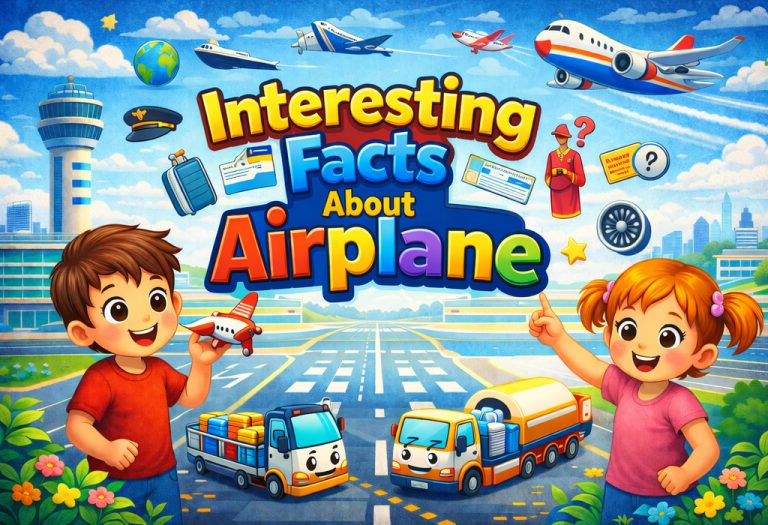Sore Throat in Babies and Toddlers – Causes, Signs, Remedies, and Prevention

While a sore throat is the most common childhood complaint, it can become very frustrating for babies, toddlers and their parents. It can be accompanied by crying, crankiness, tiredness, an inability to eat or talk properly, and even breathing problems. A sore throat is a visitor that is never welcome, although in general, it is not a very serious complaint. It is important to know more about what causes it and how to take care of your child when they are suffering from it. Let’s journey together through this article to learn A to Z about sore throat in babies and toddlers and how to treat and prevent it.
What Is Sore Throat?
Sore throat is a common condition that affects people worldwide, including babies. It is a feeling of uneasiness or scratchiness in the throat caused by an inflamed or aggravated mucous lining (1). Babies who have sore throats generally cough a lot and are in a cranky and upset mood.
Throat Infection in Babies and Toddlers
A sore throat in infants and babies is one of the most common childhood ailments. Its causes can be many, but it is mainly attributed to a common cold or flu virus attack (2). Other more serious illnesses, like measles, chickenpox, and croup—all viral conditions—can also cause a sore throat (3).
Whooping cough is a less common cause of throat irritation.
In most of these illnesses, there is bacterial or viral baby throat infection, which primarily or secondarily irritates the mucous lining of the throat and upper respiratory tract. Babies frequently contract a sore throat during teething, an attack of thrush, gingivostomatitis (a combination of gingivitis and stomatitis), or hand, foot, and mouth disease.
Throat infection in infants can also be caused by allergies triggered by pollen from plants and flowers, smoke at home (both cooking fumes and tobacco), dust mites, and cat or dog dander. This condition is called allergic rhinitis.
When a child is suffering from a sore throat, he can find it difficult to swallow and experience pain and a scratchy sensation in the throat. He may also sore and swollen lymph glands under the hinge of the jaw, swollen tonsils with redness, white patches or pus and/or a hoarse throat.
Is Sore Throat Contagious?
This generally depends on the cause of the sore throat. If a sore throat is caused by teething or if the baby has gingivostomatitis, thrush, or hand, foot, and mouth disease, it is less likely to be contagious.
A sore throat caused by allergies is also not contagious, though the other members of the family may be equally sensitive to the same allergens as the baby and can suffer allergic symptoms at the same time. In most cases, however, they do not contract it from the baby.
If the cause is a bacterial or viral infection, the sore throat can definitely be contagious. The contagion can spread by way of contact with infected mucous and can be transmitted from person to person. Mucus, nasal discharge, as well as saliva, contain viruses or bacteria which can cause sore throat. Activities like kissing the baby, handling the baby or wiping the baby’s nose and not washing your hands afterwards can spread the contagion.
Young children living with the baby are more susceptible to contracting the infection. Adults, in general, are less susceptible to contracting a sore throat from their baby since their immune response has already handled the infection that the baby is suffering from. It is important to clean objects like towels, brushes and clothing after the illness so that the infected matter does not linger and attack again.
Symptoms of Sore Throat in Babies
Throat infection in babies and toddlers is generally a symptom of an underlying infection or bodily reaction that is triggering it. But how to tell if your baby has a sore throat? A sore throat has a few characteristic symptoms that can help a parent narrow down the source of the infection (4):
- An inability to feed: In babies, the sore throat will cause an inflammation of the mucous membranes, and swallowing food and even saliva will cause irritation and pain. The baby may cry and refuse to feed even when hungry, due to the pain.
- Redness of the throat: The mucous lining of the throat may be inflamed. This is difficult to observe in babies and infants. Toddlers can be led to a bright place and asked to open their mouth to see the condition of the throat and determine whether there are any more symptoms like sores, yellow coating on the tongue and swollen tonsils, all of which can indicate specific ailments which are causing the sore throat.
- Swollen lymph glands: An infectious sore throat may present with swollen lymph glands, a sign that the body is fighting the infection.
- Irritable and restless child: The infection and the inability to feed make the baby irritable and restless. The irritability and restlessness are frequently compounded by lack of sleep and hunger.
- Fever: Depending on the infection that causes the sore throat, fever may be present in varying degrees.
- Bad breath: The baby, unable to feed without pain, will have a dry mouth and consequently, bad breath. This is noticed more in cases of gingivostomatitis, thrush, or hand, foot, and mouth disease.
- Strep throat symptoms: Symptoms of strep throat in toddlers are red and white patches in the throat and enlarged tonsils. This leads to difficulty in swallowing. There may be a fever, tender or swollen glands lymph nodes, headache, and a pain in the stomach.
Causes of Sore Throat in Babies and Toddlers
There are a host of reasons for your little one’s sore throat. The most common reasons are (5):
- Common Cold: Common or not, when your child has a cold, it can be miserable in the week that it visits. A stuffy nose, sore throat, phlegm in the throat and nose, headaches and fever – usually under 101 F – all contribute to the general malaise and irritation of this attack on the respiratory tract.
- Flu: A flu attack is, in general, more serious than a cold. The child may develop a high fever, have mucous running from the nose and throat, headaches, and body and muscle pains. The fever and muscle aches usually last only the first 2 to 4 days, but the attendant cough and tiredness can continue for up to a week or more.
- Strep Throat: This is a common bacterial infection that babies and toddlers are susceptible to. The symptoms of which include inflammation, redness and swelling in the throat and tonsils, stomach ache, nausea, vomiting, and headache (6). This condition can be painful and makes eating, swallowing and talking difficult.
- Viral Infections: Chickenpox, croup, measles, gingivostomatitis, and hand, foot, and mouth disease (HFMD) are all viral infections that can affect a baby or a toddler. These infections vary in their contagiousness, and their symptoms include:
- Red spots and blisters around the baby’s mouth and in the throat
- Rashes on the baby’s hands and feet
- Red spots or rashes on the baby’s hips and other private parts
- Irritation
- Inability to feed in spite of hunger
Since these symptoms may indicate an infection which is difficult to treat without medical advice, it is better to see a doctor if they are present.
- Allergies: The nascent immune response of the baby can frequently take umbrage at common pollutants like dust, pet dander, smoke, cooking fumes and paint fumes. If the allergic response is extreme, i.e., presenting with visible swelling of the eye, difficulty in breathing and excessive mucous secretion, immediate medical care is required and the child must be kept away from the allergen in the future. A mild allergic response should be accepted as part of the growing pangs of any baby.
Treatment for Soar Throat in Babies and Toddlers
Here are a few remedies for a baby sore throat treatment:
- Provide nourishment and comfort.
- Seek medical help if additional symptoms like a high fever and earache are also present.
- Offer smaller, more frequent feeds.
- Turn on a humidifier or sit in the bathroom with hot water to make the air warm and humid to soothe the throat irritation.
- Toddlers can be given mouthwashes or warm water with salt or turmeric to gargle with if you’re wondering what to give a child with a sore throat.
- Give popsicle throat lozenges to suck on as an effective sore throat treatment for toddlers.
- Sore throat remedies for toddlers can include an anaesthetic or antiseptic throat gargle if the child can be trusted not to swallow it.
Diagnosing Sore Throat
Diagnosing a sore throat consists of examining the throat, ear, nose and mouth of the child. If the following symptoms are present, the child has a sore throat:
- If your child is finding it difficult to swallow
- Has pain and a scratchy sensation in the throat
- Has sore and swollen lymph glands under the hinge of the jaw
- Swollen tonsils with redness, white patches or pus
- A hoarse throat with a scratchy voice or trouble speaking
Complications of Sore Throat in a Child
In addition to having the symptoms of a sore throat, a few other complications can arise, too. It is better to treat a sore throat if it is accompanied by these symptoms so that bacteria do not spread to other parts of the baby’s body.
- Mouth sores
- Throat infection along with lots of swelling, red inflammation, flecked with pus
- Inability to swallow or open the mouth wide
- Laboured breathing
- Lack of appetite accompanied by dehydration, excessive drooling and a stiff neck
- More than usual crying, irritability and crankiness
Remedies to Relieve Sore Throat Pain In Babies and Toddlers
- Sore throat remedies for toddlers are generally limited to giving the prescribed dosage of an OTC pain relief and fever-reducing drug for high fevers. This takes care of the discomfort, pain, and resultant crankiness while giving the body time to fight the infection and recover.
- Home remedies for throat infection in babies and toddlers are rest and hydration. Giving them extra warm fluids will thin the mucus and help it to drain. It will also ease the sore throat. Breastmilk is the best infant sore throat home remedy.
- Drinking warm and light soups provides nutrition while easing the pain of the sore throat.
- Those wondering what to give a child with a sore throat can try home remedies for throat infection in babies like a small amount of tulsi crushed with honey or some herbal teas with ginger, pepper, turmeric, honey and lemon.
How Long Will It Take to Recover?
If a child’s sore throat is due to a cold, your baby will most likely recover within 7-10 days. Apparently, if the baby sore throat is caused by hand, foot, and mouth disease (HFMD), or from tonsillitis, or strep throat, then it may take a little bit longer for them to recover (7).
It is advised to consult your paediatrician when the symptoms occur and get treatment accordingly.
Prevention of Sore Throat
A sore throat can be avoided by following these precautions:
- Washing hands regularly, especially after sneezing, coughing, and coming in contact with infected material.
- Not going to spaces where the infection is common.
- While babies cannot avoid contact with infected primary caregivers, the caregivers can practice better hygiene to minimize the exposure as well as avoid contact with people who have sore throats.
- A sore throat can be avoided by not sharing spoons, glasses and towels with infected people.
Is Sore Throat an Emergency?
A sore throat can be an emergency if it is accompanied by:
- Breathing difficulties.
- Shortness of breath, panting.
- A fever that is higher than 100.4 degrees for children younger than 3 months and higher than 102.2 degrees for children older than 3 months.
- A cough with traces of blood in the sputum.
- A muffled voice.
- Inability to open his or her mouth all the way.
- Swelling on one side of the throat (this can indicate an abscess in the tonsils).
When to See the Doctor
The correct time to see the doctor is when any of the above symptoms are present, along with a sore throat, so that any serious health condition is not allowed to spread. Even if no serious underlying issues are detected, a doctor can take some measures to give the child temporary relief from the symptoms.
FAQs
1. Can I treat my baby’s sore throat without a doctor’s consultation?
Newborn babies and toddlers have weakened immunity, and their immune systems are in the developing stage. So, if they exhibit signs of sore throat, they must be checked with a paediatrician, as it could either be a simple cold or any severe infection.
2. Can I give my child honey water to soothe their throat?
It is NOT safe to give honey water to babies under the age of 1, as it could cause infant botulism. Infant botulism can be life-threatening for babies and toddlers under 1 year (8). It is recommended to avoid honey water or anything remedy with honey.
3. Can I give Benadryl to my baby or toddler for sore throat?
Benadryl contains diphenhydramine. Do not give any medicine to your baby without a paediatrician’s recommendation.
4. Are over-the-counter medicines for sore throat safe for babies and toddlers?
Over-the-counter cold and cough medications aren’t safe and not recommended for babies and toddlers. Please consult a doctor for a personalised baby checkup so they can prescribe the right medicine.
A sore throat isn’t something to lose your head over, despite the imminent days of suffering for your child. Ensure that it does not spread. Try to keep the child as comfortable as possible during this phase. By taking care of their immune systems, you can ensure future incidents of sore throat do not occur.
References/Resources:
1. Sore throat; Mayo Clinic; https://www.mayoclinic.org/diseases-conditions/sore-throat/symptoms-causes/syc-20351635
2. Sore Throat (Viral); Nationwide Children’s; https://www.nationwidechildrens.org/conditions/sore-throat
3. Colds, coughs and ear infections in children; NHS; https://www.nhs.uk/conditions/baby/health/colds-coughs-and-ear-infections-in-children/
4. What to Do About a Sore Throat; Nemours KidsHealth; https://kidshealth.org/en/parents/sore-throat-sheet.html
5. Patient education: Sore throat in children (Beyond the Basics); UpToDate; https://www.uptodate.com/contents/sore-throat-in-children-beyond-the-basics/print
6. Sore Throat; Seattle Children’s; https://www.seattlechildrens.org/conditions/a-z/sore-throat/
7. When is a Sore Throat a More Serious Infection?; American Academy of Pediatrics; https://www.healthychildren.org/English/health-issues/conditions/ear-nose-throat/Pages/When-a-Sore-Thoat-is-a-More-Serious-Infection.aspx
8. Infant Botulism; Nemours KidsHealth; https://kidshealth.org/en/parents/botulism.html
Also Read:
Typhoid in Babies & Toddlers
Dengue in Babies and Toddlers
Chickenpox in Babies & Children
Cystic Fibrosis In Babies and Children
Home Remedies for Sore Throat in Babies
Mouth Ulcers (Canker Sores) in Babies and Children
Was This Article Helpful?
Parenting is a huge responsibility, for you as a caregiver, but also for us as a parenting content platform. We understand that and take our responsibility of creating credible content seriously. FirstCry Parenting articles are written and published only after extensive research using factually sound references to deliver quality content that is accurate, validated by experts, and completely reliable. To understand how we go about creating content that is credible, read our editorial policy here.






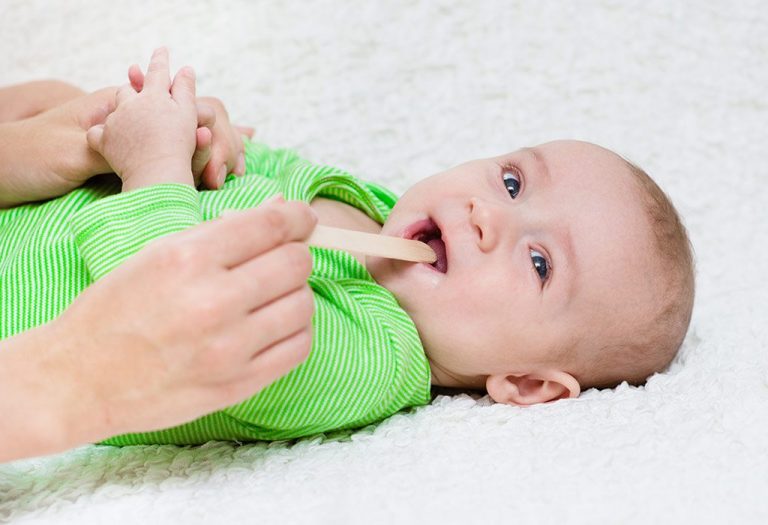

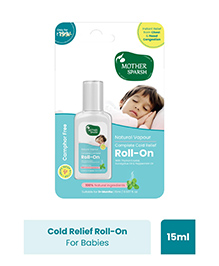
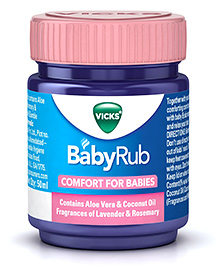
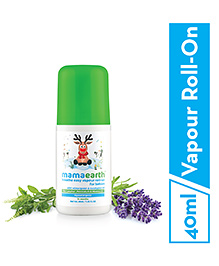

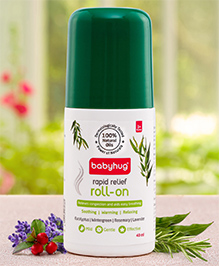
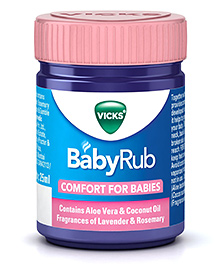
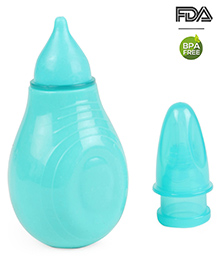
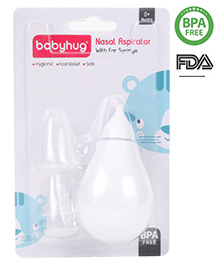



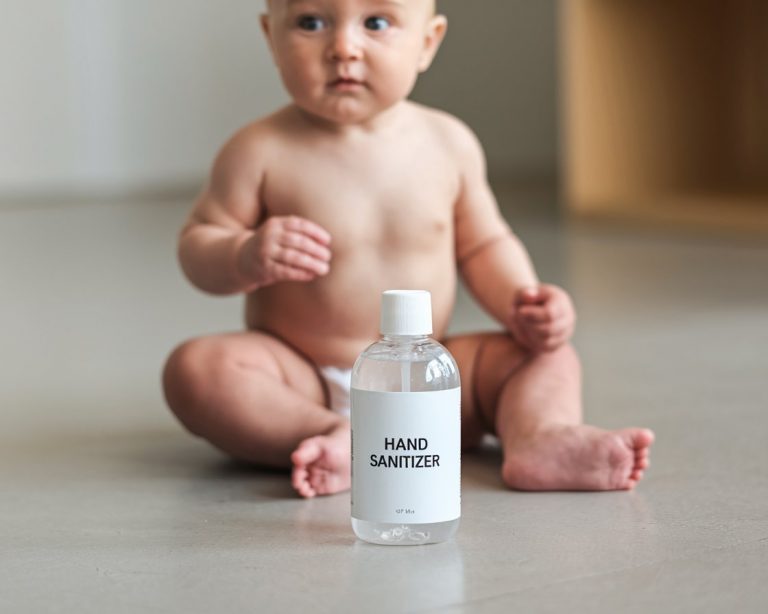

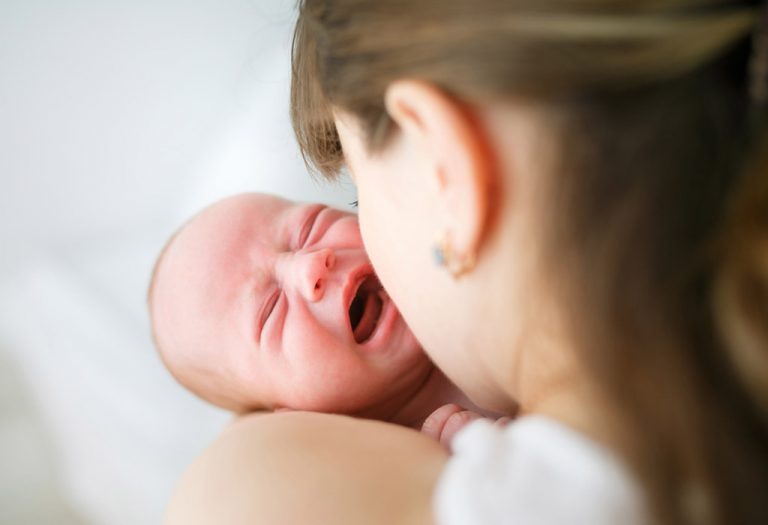
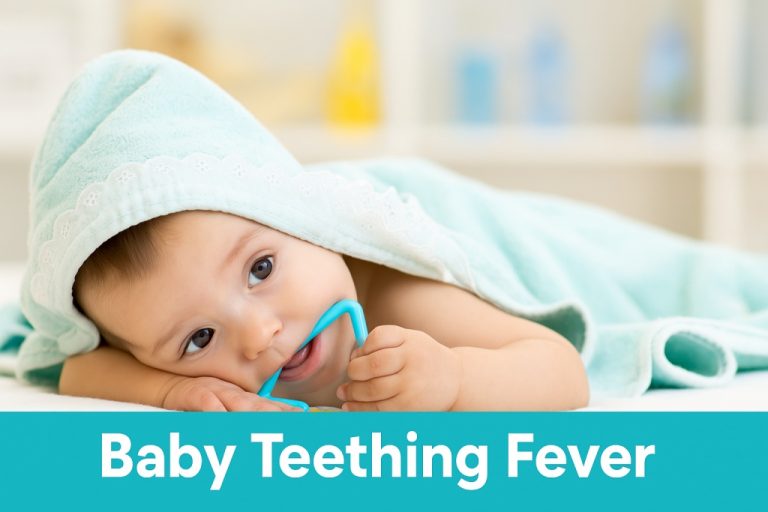


.svg)









